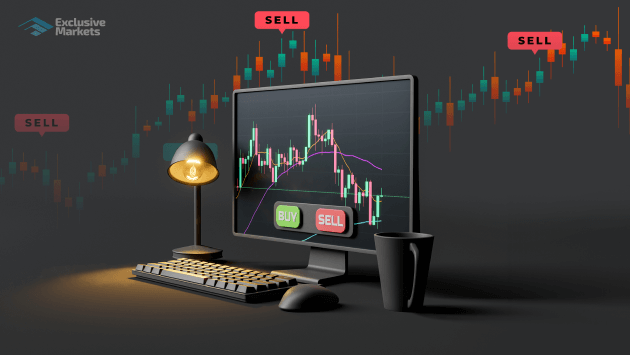Unlocking the Potential of Currency Trading A Comprehensive Guide to Forex 1829369547

Understanding Currency Trading in the Forex Market
The foreign exchange market, commonly referred to as Forex, is the largest and most liquid financial market in the world. Trading currencies can seem daunting due to its volatility and complexity; however, with the right knowledge and tools, it opens up a world of profit opportunities. This guide is designed to provide you with a comprehensive overview of currency trading, helping you navigate this dynamic market and maximize your potential. To start your journey, consider exploring currency trading forex Forex Brokers in Kuwait, as they offer unique advantages for traders in the region.
What is Forex Trading?
Forex trading involves the buying and selling of currencies in pairs, with the goal of making a profit from fluctuations in exchange rates. For example, when you trade the EUR/USD pair, you are speculating on the value of the Euro in relation to the US Dollar. If you believe the Euro will strengthen against the Dollar, you would buy the pair. Conversely, if you think the Euro will weaken, you would sell the pair.
Key Terminology in Forex Trading
To navigate the Forex market effectively, it’s essential to understand certain key terms:

- Currency Pair: A quotation of two different currencies, with the value of one currency typically expressed in terms of the other.
- Bid/Ask Price: The bid price is the amount a buyer is willing to pay for a currency pair, while the ask price is the amount a seller is willing to accept.
- Spread: The difference between the bid and ask price, which is essentially the broker’s profit.
- Pips: The smallest price move that a currency pair can make, typically measured in the fourth decimal place.
- Leverage: A tool that allows traders to control a larger position with a smaller amount of capital. While leverage can amplify profits, it also increases risk.
Types of Forex Markets
The Forex market can be divided into three main types:
- Spot Market: This is where currencies are traded at their current market price and settled immediately.
- Forwards Market: Contracts are made to buy or sell currencies at a predetermined price on a future date.
- Futures Market: Similar to forwards, but these contracts are standardized and traded on exchanges.
Forex Trading Strategies
Successful Forex trading requires a well-thought-out strategy. Here are some popular strategies used by traders:
- Day Trading: Involves making multiple trades throughout the day, closing all positions by the market’s end.
- Swing Trading: Traders hold onto positions for several days or weeks to capitalize on expected price movements.
- Scalping: This strategy focuses on making small profits from minor price changes, often entering and exiting trades quickly.
- Position Trading: A long-term strategy where traders hold positions for months or even years based on fundamental analysis.

Risk Management in Forex Trading
Effective risk management is crucial for success in Forex trading. Here are some tips to help manage your risk:
- Set Stop-Loss Orders: A stop-loss order automatically closes your position at a specified price to limit losses.
- Limit Leverage: While leverage can enhance profits, it can also increase losses. Use it wisely.
- Diversify Your Portfolio: Don’t put all your capital into one currency pair; spread your risk across multiple pairs.
- Stay Informed: Keep up with economic news and events that may impact currency prices.
The Role of Forex Brokers
Forex brokers play a vital role in the currency trading market. They provide traders with platforms to execute trades, access market analysis, and manage their accounts. Choosing the right broker is crucial for your trading success. Look for brokers that offer competitive spreads, a user-friendly trading platform, and robust customer support.
Conclusion
Currency trading in the Forex market presents exciting opportunities for traders willing to invest time in learning and understanding its complexities. By mastering key concepts, developing effective strategies, managing risks, and collaborating with reliable brokers, you can unlock the potential for profit in this dynamic financial landscape. Remember, consistent practice and continuous education are the keys to becoming a skilled Forex trader. With persistence and dedication, navigating the Forex market can be a rewarding endeavor.


ใส่ความเห็น